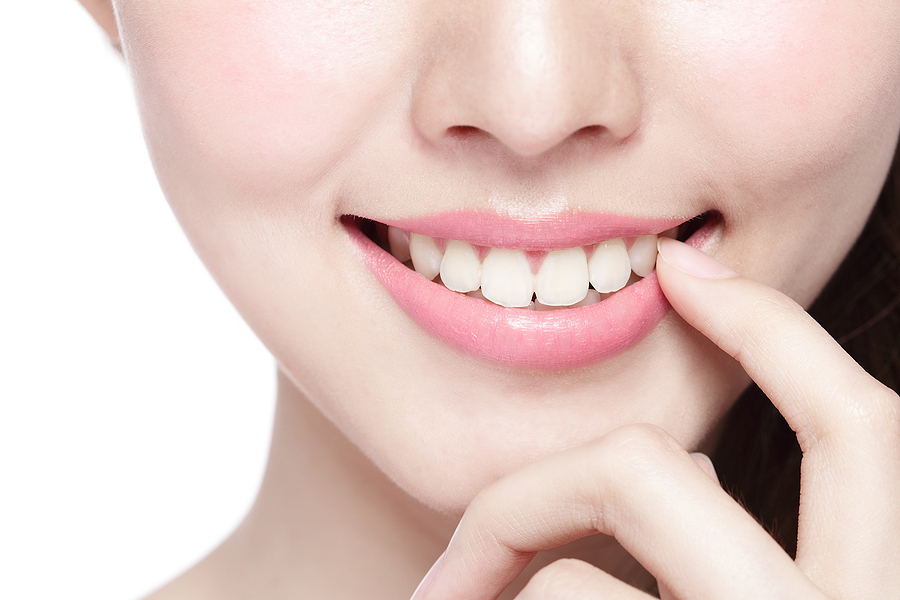Please reach out to our dental practice in Pleasanton, CA, to have a consultation with our dentist in Pleasanton CA, Dr. Dogra. Please call us at (925) 600-9006 or schedule an online consultation, and we’ll guide you further.

Beyond Aesthetics: Understanding the Functional Benefits of Dental Crowns in Restorative Dentistry
Dental crowns often get a reputation for being purely cosmetic, but they serve much deeper purposes in restorative dentistry. Whether you've experienced tooth decay, damage from an accident, or wear and tear over time, these dental wonders play a crucial role in maintaining your oral health. In Pleasanton, CA, understanding the functional benefits of dental crowns can help you make informed decisions about your smile's future. Let's dive into how these remarkable solutions not only enhance aesthetics but also promote better functionality and overall wellness. The journey to a healthier mouth starts here!
The Purpose of Dental Crowns in Restorative Dentistry
Dental crowns play a crucial role in restorative dentistry. They serve as protective caps for damaged or weakened teeth, ensuring structural integrity and longevity.
When a tooth is extensively decayed or fractured, a crown can restore its shape and function. This helps prevent further decay and potential loss of the tooth.
Crowns also provide an effective solution after root canal therapy. Following this procedure, the affected tooth often requires added support to endure daily use.
In cases where aesthetics are important, dental crowns can be crafted from various materials that mimic natural enamel. This allows patients to regain their confidence while enjoying improved oral health.
The versatility of dental crowns makes them indispensable in restorative dentistry practices throughout Pleasanton, CA. Their ability to enhance both functionality and appearance highlights their significance in modern dental care.
Different Types of Dental Crowns and Their Uses
Dental crowns come in various materials, each serving unique purposes.
- Porcelain crowns are popular for their natural appearance. They blend seamlessly with your existing teeth, making them ideal for visible areas.
- Metal crowns, often crafted from gold or other alloys, offer exceptional strength and durability. They're usually placed on molars where aesthetics are less of a concern, but wear resistance is critical.
- Ceramic crowns provide a good balance between aesthetics and functionality. They can withstand moderate chewing forces while looking quite lifelike.
- Resin crowns are another option, typically more affordable but less durable than the others mentioned. These may be used as temporary solutions during treatment.
- Zirconia crowns combine the benefits of metal and porcelain—strong yet aesthetically pleasing—making them suitable for both front and back teeth restoration. Each type has specific uses based on individual needs and dental conditions. Contact us to learn more.
Benefits of Dental Crowns for Tooth Restoration
Dental crowns offer a robust solution for tooth restoration, addressing both cosmetic and functional challenges. They provide strength to weakened teeth that may suffer from decay or fractures.
By covering the entire tooth surface, crowns can prevent further damage. This protective layer is essential in preserving what remains of the natural tooth structure.
Crowns also enhance aesthetics by restoring shape, size, and color. Patients often feel more confident smiling when their teeth look natural and healthy.
Moreover, dental crowns play a crucial role in bite alignment. They ensure even distribution of biting forces, reducing strain on adjacent teeth.
For those with extensive wear or previous restorations like fillings, crowns serve as an effective long-term remedy. Their durability ensures they can withstand daily activities without significant wear over time.
Improving Functionality with Dental Crowns: Chewing and Speaking
Dental crowns play a crucial role in improving functionality, particularly when it comes to chewing and speaking. When a tooth is damaged or decayed, everyday activities like eating can become uncomfortable or even painful. Crowns restore the shape and strength of these compromised teeth.
By providing a solid structure, dental crowns enable patients to bite down with confidence. This stability makes enjoying various foods much easier, from crunchy apples to chewy meats.
Speaking clearly can also be hindered by dental issues. Misaligned or broken teeth may cause slurring or difficulty pronouncing certain sounds. With a crown in place, speech becomes more natural as the restored tooth blends seamlessly with surrounding ones.
With enhanced comfort and function, dental crowns not only improve daily life but also contribute positively to self-esteem. Patients often feel more empowered when they can eat freely and communicate without hesitation.
Long-Term Effects of Dental Crowns on Oral Health
Dental crowns play a significant role in maintaining oral health over the long term. They provide essential protection for weakened or damaged teeth, preventing further decay and deterioration.
With proper care, dental crowns can last many years. This longevity reduces the need for frequent replacements, which can introduce additional stress on surrounding teeth.
Furthermore, crowns help to preserve the structure of your natural tooth. By covering it completely, they minimize exposure to bacteria and food particles that could lead to more serious issues.
Patients often find that their bite improves with crowns in place. This enhancement promotes better overall oral function and comfort when eating.
Regular check-ups are crucial after receiving dental crowns. Monitoring their condition ensures any potential problems are addressed early on, contributing positively to ongoing oral health management.
Maintaining and Caring for Dental Crowns
- Maintaining dental crowns is essential for their longevity and effectiveness. Daily oral hygiene practices play a crucial role in this process. Brush your teeth twice a day with fluoride toothpaste, focusing on the area around the crown to prevent plaque buildup.
- Flossing daily is equally important. It helps remove food particles that can accumulate between your natural teeth and the crown, reducing the risk of gum disease.
- Regular dental check-ups are vital as well. Your dentist in Pleasanton, CA will monitor the condition of your crowns during these visits, ensuring they remain in good shape.
- Avoid hard foods that may damage your crowns over time. Chewing ice or using your teeth to crack nuts can lead to cracks or chips.
- Consider wearing a night guard if you grind your teeth while sleeping. This simple measure protects both natural teeth and crowns from unnecessary wear and tear.
Conclusion
Dental crowns serve a vital role in restorative dentistry, especially for patients seeking solutions in Pleasanton, CA. They are not just about aesthetics; their functional benefits can significantly enhance the quality of life for those with damaged or weakened teeth. By understanding the various types and purposes of dental crowns, individuals can make informed decisions regarding their oral health.
With proper care and maintenance, dental crowns can last many years while providing essential support for chewing and speaking activities. The long-term effects on oral health are also noteworthy—crowns help preserve tooth structure and prevent further deterioration.
Choosing to invest in dental crowns is an important step toward achieving optimal oral function while ensuring that smiles remain beautiful. For anyone considering this option, consulting with a qualified dentist who specializes in restorative dentistry will provide clarity on what best suits individual needs. Your journey to improved functionality starts here!
Office Hours
MON - WED9:00 am - 5:00 pm
THUClosed
FRI9:00 am - 5:00 pm
SAT8:30 am - 2:30 pm
SUNClosed




comments